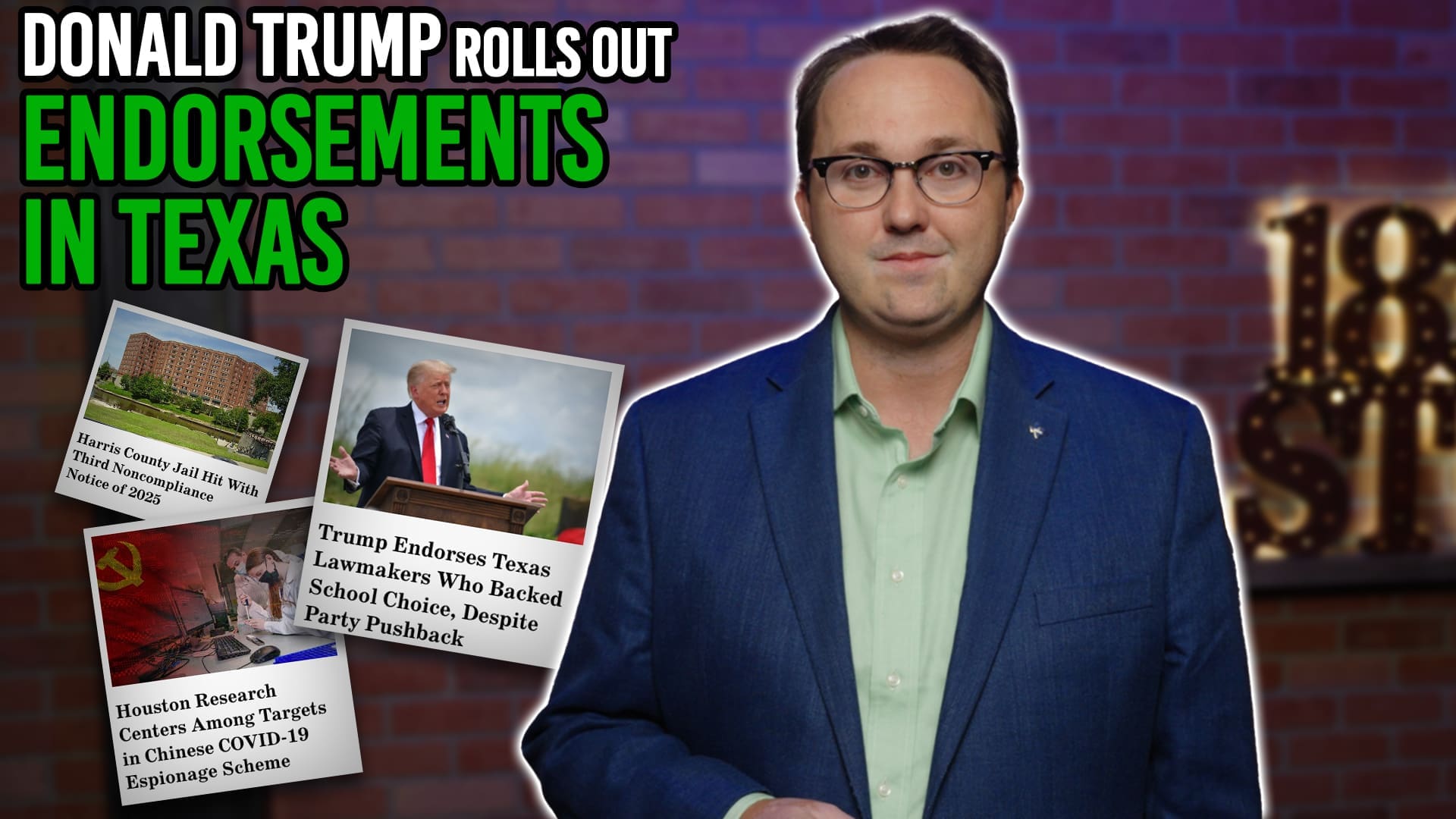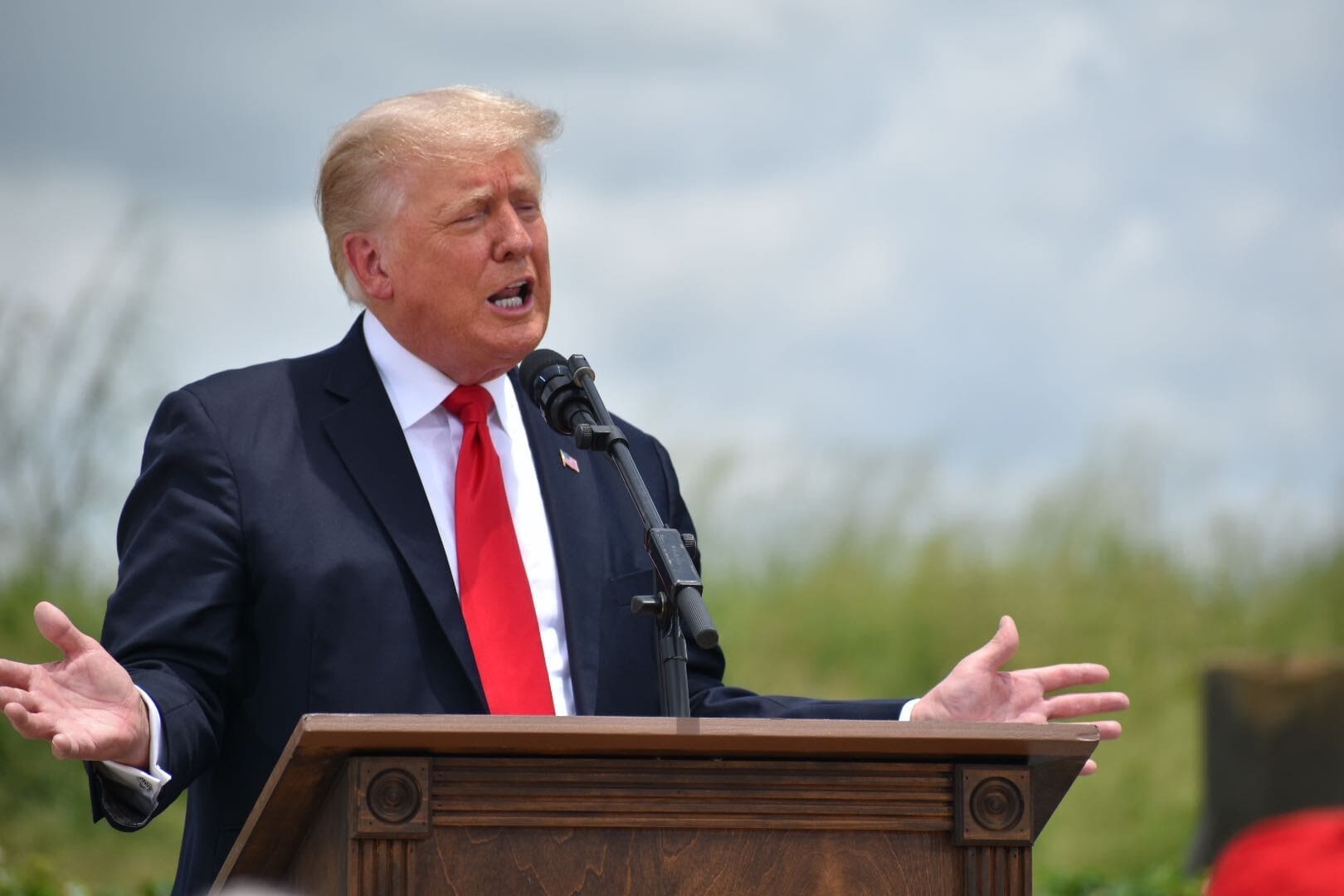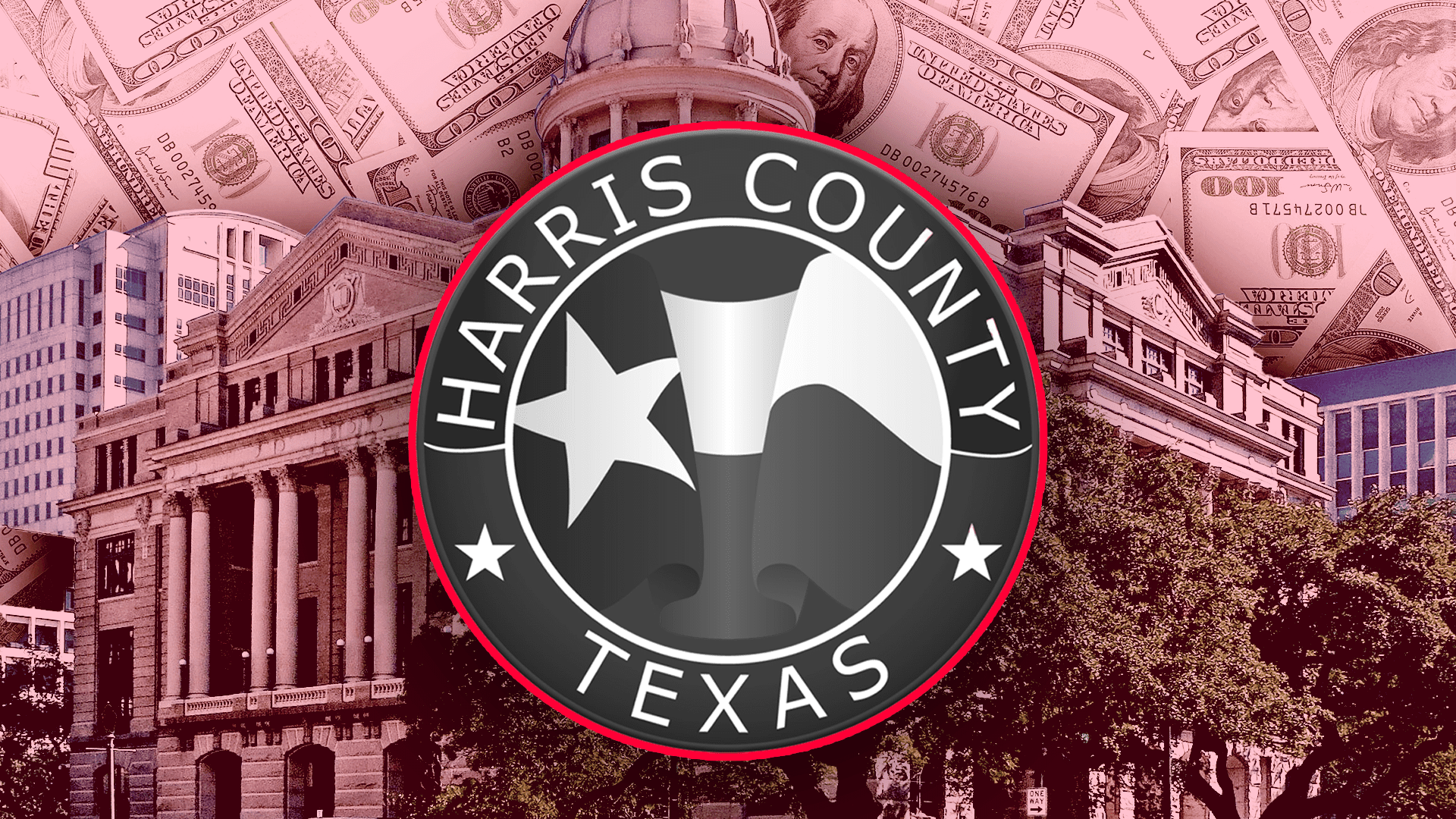Opponents of paycheck protection reforms have been caught red-handed falsely comparing themselves to charities. These opponents often cite the fact that governments in Texas allow charitable contributions to be automatically deducted from employees’ paychecks as a reason to continue the practice for unions. However, while the method of collection is the same for both types of entities, there is a vast difference in how the two types of funds can be spent.
Paycheck protection would allow public employees to get their full paycheck, then decide when and how to pay their union dues themselves, rather than having governments automatically deduct the dues before the employee ever sees them.
During last month’s Policy Orientation hosted by Texas Public Policy Foundation, the Texas AFL-CIO’s Rick Levy pushed back against paycheck protection claiming that proponents of the law want to specifically target public unions while exempting charities from the same restrictions. Unions claim that charities also engage in political activity, such as lobbying, but have the benefit of having their contributions collected by the government without concern. That simply isn’t true.
During the same panel on labor unions in Texas, the Texas legislative director of the National Federation of Independent Business dispelled the charitable exemption claim saying, “the charity list is strictly governed and audited all the time.”
Annie Spilman went on to add, “It says in the law that none of those charities can spend any of the money that’s garnered through those wages on lobbying at all.”
Spilman drew attention to an often-overlooked section of the Texas Government Code, which specifically restricts charities from engaging in the behavior of political lobbying (Government Code 659.150).
Unions currently have an advantage because of the free rein given to them to lobby and contribute to politicians and government entities that do their dues collecting. Paycheck Protection would only level the playing field between charities and public unions.
The code also limits charities, but not unions, to spending only twenty-five percent of annual revenue on administrative and fund-raising expenses. No similar restriction applies to government-collected union dues.
Senate Bill 1968, a pro-business bill mentioned by Spilman, would have ended the collusion between governments and public employee unions.
The bill, which passed the Senate, was killed in the House by the liberal Republican leadership who also top the list of union contribution beneficiaries in Texas. Both House Speaker Joe Straus and State Rep. Charlie Geren (R-Fort Worth) receive more union contributions than any other Republican legislator, and all but one Democrat.
Any legislator that kills reforms restricting governments from collecting union dues is not working in favor of Texas’ small business owners.




